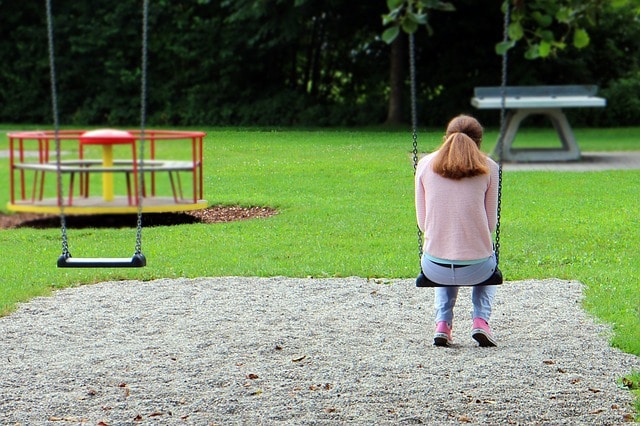The Narcissistic Family System
Q. I’m not sure if my parent was narcissistic and I don’t feel comfortable giving them that label, but I have many of the characteristics listed for an adult child of a narcissist. What does this mean? Narcissism is a heavy label to give someone, especially if it’s your parent. People can have narcissistic traits … Read more






